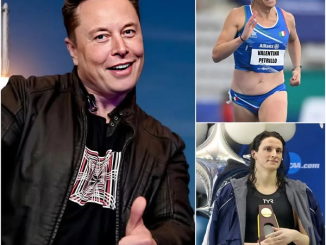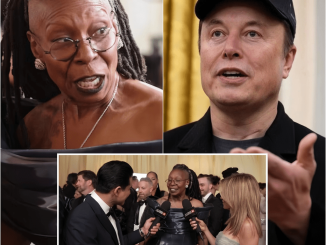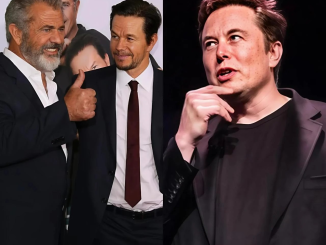In a rare moment of vulnerability, Elon Musk has opened up about his deeply painful past, shedding light on the emotional scars that shaped the man behind some of the world’s most revolutionary companies. While many know Musk as the confident, sometimes polarizing billionaire innovator behind Tesla, SpaceX, and Neuralink, fewer are aware of the challenges he faced growing up in South Africa — a period marked by brutal bullying, emotional isolation, and a complicated, often painful relationship with his father.
From an early age, Musk displayed signs of brilliance, immersing himself in books and computer programming. But that same intelligence often made him a target. He was repeatedly bullied in school — not just taunts or teasing, but physical violence. Musk has recalled being thrown down stairs, hospitalized after beatings, and being ostracized for being different. “They were relentless,” he once shared, describing how he was picked on daily for simply being quiet and nerdy. The psychological impact of this constant abuse left a lasting impression, fueling both his drive for success and his emotional guardedness.
Perhaps even more complex than his experiences with schoolyard bullies was his strained relationship with his father, Errol Musk. Elon has described his father as a brilliant but emotionally manipulative man who left deep wounds in his life. Despite having access to resources and intelligence, Errol was, according to Elon, a negative force in his life. Musk has gone as far as calling him “evil” in past interviews, revealing that the emotional abuse he endured at home rivaled or even surpassed the physical abuse at school.

What hurt the most, Musk explained, was the lack of empathy and support during the times he needed it most. As a young boy recovering from beatings and exclusion, he often found no comfort at home. Instead, he was met with criticism, control, and psychological manipulation. These formative experiences left Musk feeling isolated — an outsider not only among his peers but within his own family. He learned to rely on his intellect and ambition as both a shield and a coping mechanism.
Despite the darkness of his early years, Musk has used his pain as fuel. He turned to science fiction, programming, and later entrepreneurship as forms of escape and expression. Over time, these passions evolved into a mission to change the world — whether through space travel, sustainable energy, or artificial intelligence. The same man who once felt powerless now builds machines that can take humanity to Mars.
Today, Musk rarely speaks about his childhood in public, but when he does, it’s clear those early wounds are still present. They remind us that even the most successful figures are shaped by very human pain. Musk’s story is not just one of genius and innovation — it’s a story of survival, resilience, and transformation. And while he may now lead companies that aim to redefine the future, his past remains a powerful part of his journey.


